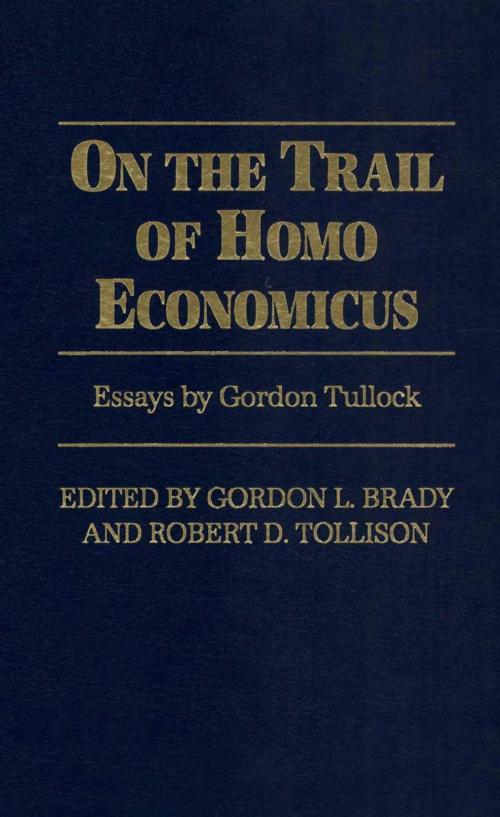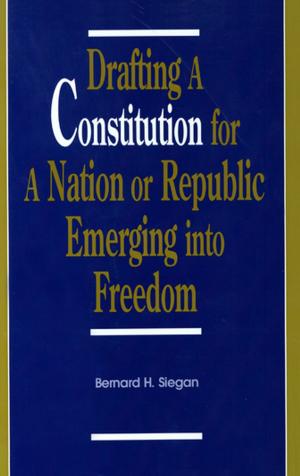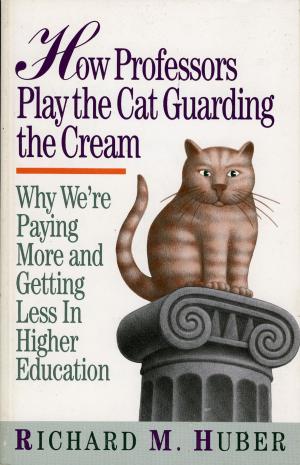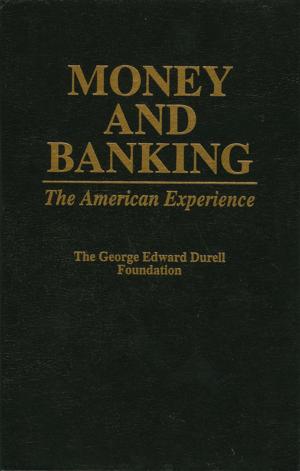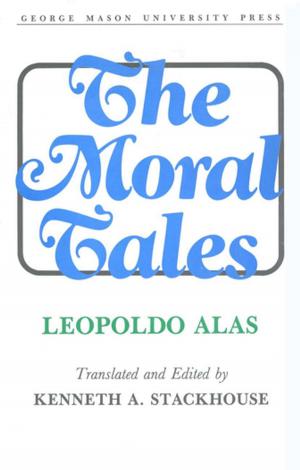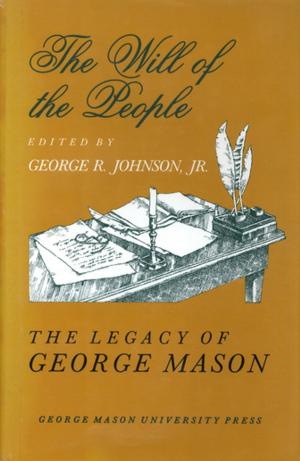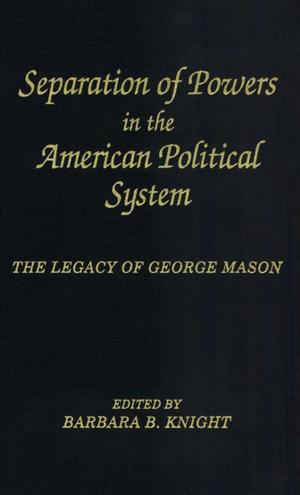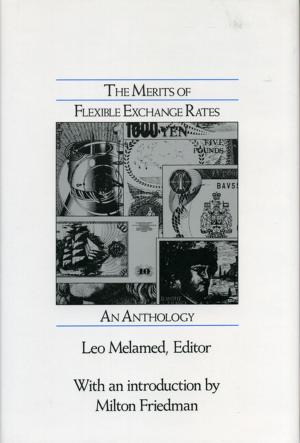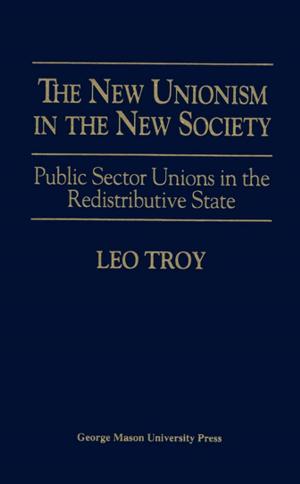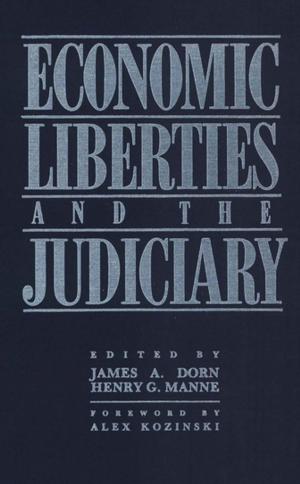| Author: | Gordon Brady, Robert D. Tollison | ISBN: | 9781461723769 |
| Publisher: | University Publishing Association | Publication: | August 26, 1994 |
| Imprint: | University Publishing Association | Language: | English |
| Author: | Gordon Brady, Robert D. Tollison |
| ISBN: | 9781461723769 |
| Publisher: | University Publishing Association |
| Publication: | August 26, 1994 |
| Imprint: | University Publishing Association |
| Language: | English |
This collection of previously unpublished expository writings by Gordon Tullock on themes ranging from game theory, externalities, public choice, rent-seeking, law and economics, and economic progress is representative of the breadth of Tullock's career. As co-founder of Public Choice, Tullock has been a major contributor to our understanding of the logic of collective choice and the politics of collective action. Tullock's insights have helped establish the unambiguous message that political, social, and economic institutions affect individual behavior whether in economics or political markets. Tullock's hypotheses, proposed laws, and paradoxes have shaped the development of public choice, as well as charting new areas in law, economics, and sociobiology.
In sorting through Tullock's personal papers, the editors learned and here present the many dimensions of the man and the breadth of his interests. From the papers, we can piece together much of Tullock's personal history. For example, there are myths surrounding Gordon Tullock that can be laid to rest: his birthplace, the lack of a baccalaureate degree, the "one" course that marks his formal training in economics, and his career prior to his academic emergence in the mid-1950s.
This collection of previously unpublished expository writings by Gordon Tullock on themes ranging from game theory, externalities, public choice, rent-seeking, law and economics, and economic progress is representative of the breadth of Tullock's career. As co-founder of Public Choice, Tullock has been a major contributor to our understanding of the logic of collective choice and the politics of collective action. Tullock's insights have helped establish the unambiguous message that political, social, and economic institutions affect individual behavior whether in economics or political markets. Tullock's hypotheses, proposed laws, and paradoxes have shaped the development of public choice, as well as charting new areas in law, economics, and sociobiology.
In sorting through Tullock's personal papers, the editors learned and here present the many dimensions of the man and the breadth of his interests. From the papers, we can piece together much of Tullock's personal history. For example, there are myths surrounding Gordon Tullock that can be laid to rest: his birthplace, the lack of a baccalaureate degree, the "one" course that marks his formal training in economics, and his career prior to his academic emergence in the mid-1950s.
